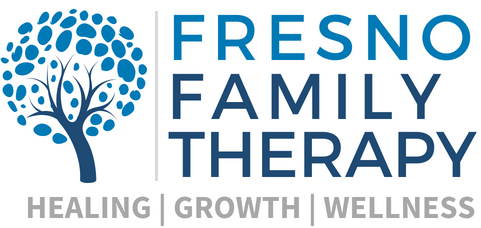What is Gaslighting? It is a psychological manipulation, which can make the recipient of this feel as though their feelings, instincts, and even sanity are up for question. The goal of this to gain power and control over the other person. Now we have heard this word thrown around often during the pandemic surrounding a topic that felt as though it divided the Nation. However, gaslighting also happens in relationships, friendships, the workplace, and even with family not just on the news or on social media.
How do you know if you have experienced this or are currently going through it? Have you ever been in a relationship (does not need to be romantic) where you are made to question your own reality? Started to have more self-doubt? Made to think that your feelings were not important? Been told you were “acting crazy” or that you were “too sensitive?” Felt confused to the point of ignoring your own reality and believing someone else’ version of your own reality? Chances are you experienced gaslighting.
What can gaslighting sound like? Here are a few examples. Expressing your feelings to your partner/family member or any other person and their response is “You’re being too sensitive.” What is happening is you are not feeling heard or that your feelings being validated. Another example is when you are expressing your needs and concerns but are being told “you’re being too needy” when you’re simply expressing your needs that are not being met. When you express how the way someone does or doesn’t do something makes you feel upset, angry, sad, overwhelmed, or anxious and your partner responds, “You’re overreacting” you’re being triggered by something that is deeply hurtful. You are not asking too much. More than likely, you are seeking out love, connection, respect and consideration, which are all reasonable.
Five Strategies for When You are Experience Gaslighting:
- Recognize when the gaslighting is taking place, this can look like gaining an understanding of the one doing the gaslighting. This can look like but is not limited to the person showing signs of lowered self-esteem, and often a wide range of emotions during the conversation. It is important to notice these symptoms.
- Another strategy is to write down what happened after it happened which will allow you to keep sight of the truth.
- Keeping the conversation simple knowing your purpose when entering the conversation. This does not look like arguing with the other to get your point across.
- Know when to walk away from the conversation. Giving yourself permission when notice the symptoms from example #1 as well as when you notice that your feelings about the topic are being minimized.
- Do not try to outsmart the other person. This can make the other person upset and rush through even more emotions.
When you begin to hear the more common phrases of gaslighting, “you’re too sensitive, you’re so dramatic, you’re too sensitive” you can stand firm in your boundaries and share that your feelings are matter too. Another important thing to say is, “I will not continue this conversation if my feelings are going to be minimized” (trying not to start another fight.)
If you find yourself in the situation of being a victim of gaslighting, it is imperative to increase your support system and to seek out help with gaining insight on boundaries and how to firmly set them.


